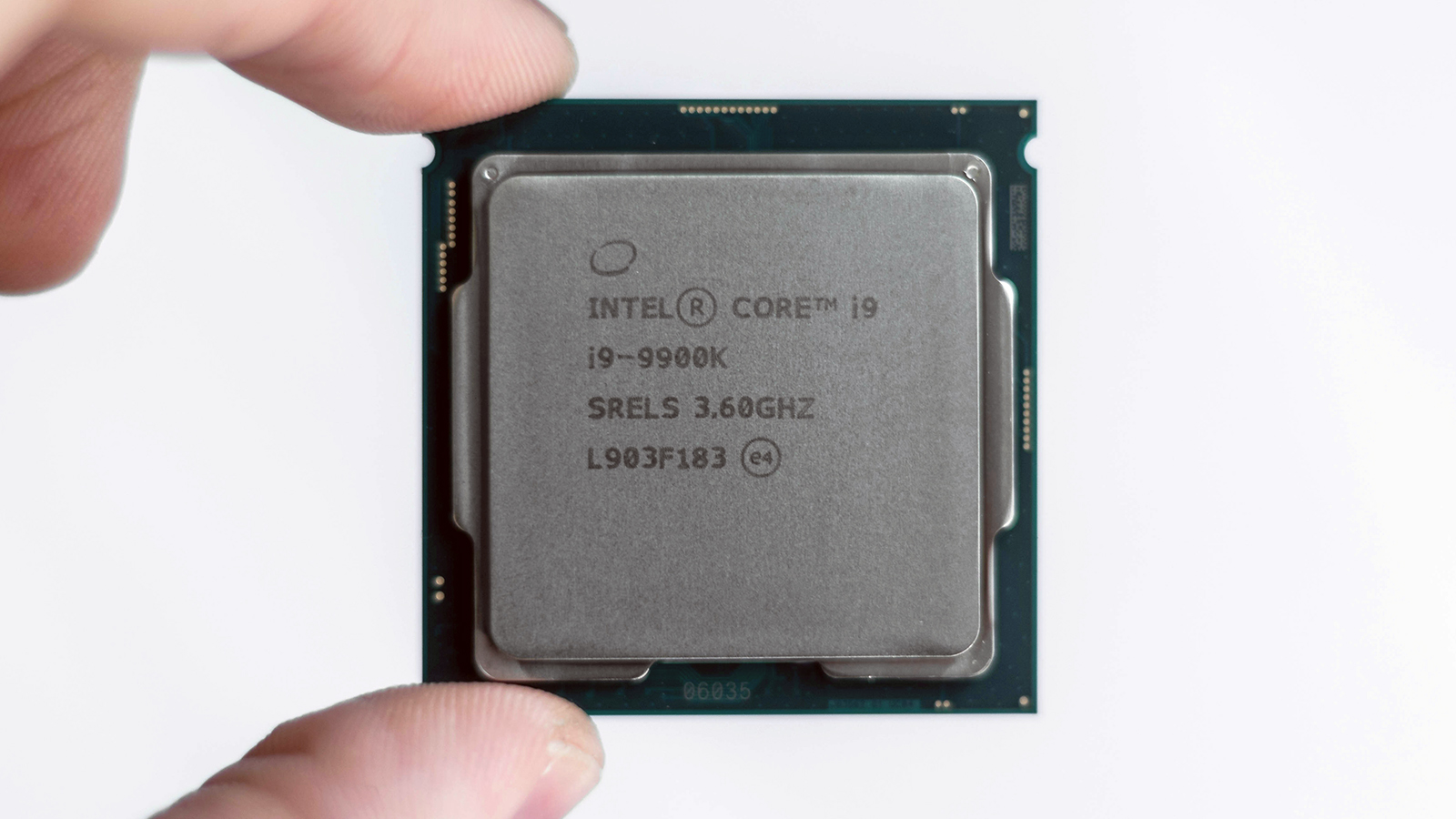Microsoft updates Windows 11 CPU support for OEM systems to include 8th to 10th Gen Intel CPUs
Windows 11 24H2 processor compatibility is getting confusing.

Microsoft updated its support document in mid-February 2025 to list Intel processors compatible with Windows 11 24H2, including several 8th, 9th, and 10th-generation Intel processors excluded.
The aforementioned Intel CPUs were launched some eight years ago; however, many of them still work okay up to this day and are compatible with Windows 11 as long as their motherboards sport the TPM 2.0 requirement. The company said that these processor models meet the minimum system requirements for Windows 11. Aside from that, it also said, “Subsequently released and future generations of processors which meet the same principles will be considered as supported, even if not explicitly listed.”
Note that the Windows 11 version 24H2 supported Intel processors list is designed for OEMs building new Windows 11 devices, not for the average consumer using a Windows 11 PC. So, even if Microsoft did not reinstate the three Intel generations in its list, it does not mean your system will be bricked or no longer receive system updates. All the company is saying is that manufacturers should no longer use these old processors for new systems and put Windows 11 on them.
However, Microsoft still hasn’t released an official list of supported CPUs for non-OEM or custom PC builders. So, if you’re building your own Windows 11 PC from used parts, your only guidance is Microsoft’s Windows 11 System Requirements, which require a 1 GHz or faster CPU with two or more cores. It also points you to the same page that OEMs refer to when building a new PC for its list of approved CPUs, though, so it likely means you’re also limited to 8th-gen Intel chips or newer.
Despite limiting its latest operating system to these processors, you can still install Windows 11 on unsupported hardware by tweaking some registry values. You may not get system and security updates, so you’ll have to do this at your own risk. Alternatively, you can continue using Windows 10, but you must shell out $30 yearly for continued security updates to keep you safe from ever-evolving online risks. But if you want to continue using your PC but don’t want to deal with Microsoft’s upgrade shenanigans, why not switch to a Linux OS instead?
Stay On the Cutting Edge: Get the Tom's Hardware Newsletter
Get Tom's Hardware's best news and in-depth reviews, straight to your inbox.

Jowi Morales is a tech enthusiast with years of experience working in the industry. He’s been writing with several tech publications since 2021, where he’s been interested in tech hardware and consumer electronics.
-
edzieba The OEM requirements doc remains irrelevant for anyone not manufacturing complete systems, and have little to do with that CPUs Windows actually supports. Unless you're already intimately familiar with WHCP requirements, the OEM doc has no effect on you.Reply
However, Microsoft still hasn’t released an official list of supported CPUs for non-OEM or custom PC builders. So, if you’re building your own Windows 11 PC from used parts, your only guidance is Microsoft’s Windows 11 System Requirements
The Windows 11 System Requirements are literally the requirements for custom PC builders. -
Qwinn From the article, referring to 8th/9th/10th gen that they excluded:Reply
The aforementioned Intel CPUs were launched some eight years ago;
That's incorrect. My 10900 was released April 2020 and my two 10850k's were released June 2020. That's only 4.5 years ago. -
abufrejoval I've seen no indication that security updates are ever stopped on "non-compliant" hardware: works just fine here.Reply
The only hurdle I've personally come across is feature update releases not being installed as only SETUP.EXE (and sub-programs called from there) really checks CPU, TPM and other requirements.
I consider that a bonus and prefer LTSC and IoT anyway.
The only other known hurdle, which I haven't personally faced is the requirement for POPCNT support starting with 24H2 releases, I don't operate hardware that old any more.
I'm running Windows 11 (and Windows 2025 server) on Ivy Bridge and every Intel generation since (as well as Zens) from puny Atoms to hefty workstations without issues or TPM. Anything that ran Windows 10 is also running Windows 11 24H2 (apart from POPCNT), using Windows 10 drivers when needed.
I don't install, but clone from a well maintained and periodically updated base image: saves tons of time and effort, never complains about hardware compatibility and comes without nuisances such as OneDrive, Edge, Co-Pilot, Teams, secure boot, HVCI and plenty other nasties.
I also run both as "to go" variants (thanks Rufus!) on nice 1TB/s Kingston Data Traveller USB sticks.
The OS is much nicer and more flexible than what Microsoft wants to allow... -
FunSurfer Reply
"eight years ago" probably refers to the oldest 8th gen. By the way, did your 10th gen CPUs got the 24h2 update? my i3 10100 did not, while my Ryzen 5 5600x got it 3 months ago...Qwinn said:From the article, referring to 8th/9th/10th gen that they excluded:
The aforementioned Intel CPUs were launched some eight years ago;
That's incorrect. My 10900 was released April 2020 and my two 10850k's were released June 2020. That's only 4.5 years ago. -
computerdave911 Reply
makes no sense at all, I worked at Dell for 6 years, and they have never used a cpu from the year before evenAdmin said:Microsoft relisted the Intel 8th, 9th, and 10th Gen CPUs it had previously removed from the list of Windows 11-supported CPUs.
Microsoft updates Windows 11 CPU support for OEM systems to include 8th to 10th Gen Intel CPUs : Read more -
Garden-Gnome @FunSurfer funny you should mention the 24H2 update because my AMD FX-6300 also got it.Reply